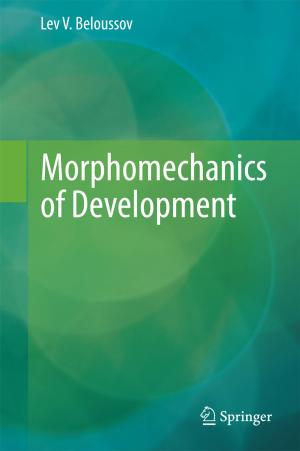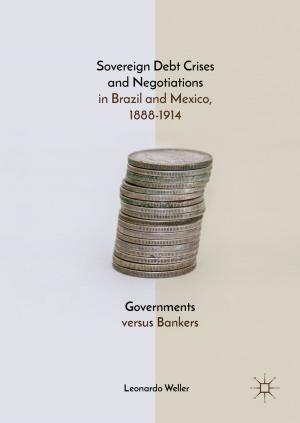Shakespeare, Catholicism, and the Middle Ages
Maimed Rights
Fiction & Literature, Literary Theory & Criticism, Medieval, British| Author: | Alfred Thomas | ISBN: | 9783319902180 |
| Publisher: | Springer International Publishing | Publication: | June 18, 2018 |
| Imprint: | Palgrave Macmillan | Language: | English |
| Author: | Alfred Thomas |
| ISBN: | 9783319902180 |
| Publisher: | Springer International Publishing |
| Publication: | June 18, 2018 |
| Imprint: | Palgrave Macmillan |
| Language: | English |
Whereas traditional scholarship assumed that William Shakespeare used the medieval past as a negative foil to legitimate the present, Shakespeare, Catholicism, and the Middle Ages offers a revisionist perspective, arguing that the playwright valorizes the Middle Ages in order to critique the oppressive nature of the Tudor-Stuart state. In examining Shakespeare’s Richard II, The Merchant of Venice, Hamlet, King Lear, Macbeth, and The Winter’s Tale, the text explores how Shakespeare repossessed the medieval past to articulate political and religious dissent. By comparing these and other plays by Shakespeare’s contemporaries with their medieval analogues, Alfred Thomas argues that Shakespeare was an ecumenical writer concerned with promoting tolerance in a highly intolerant and partisan age.
Whereas traditional scholarship assumed that William Shakespeare used the medieval past as a negative foil to legitimate the present, Shakespeare, Catholicism, and the Middle Ages offers a revisionist perspective, arguing that the playwright valorizes the Middle Ages in order to critique the oppressive nature of the Tudor-Stuart state. In examining Shakespeare’s Richard II, The Merchant of Venice, Hamlet, King Lear, Macbeth, and The Winter’s Tale, the text explores how Shakespeare repossessed the medieval past to articulate political and religious dissent. By comparing these and other plays by Shakespeare’s contemporaries with their medieval analogues, Alfred Thomas argues that Shakespeare was an ecumenical writer concerned with promoting tolerance in a highly intolerant and partisan age.















